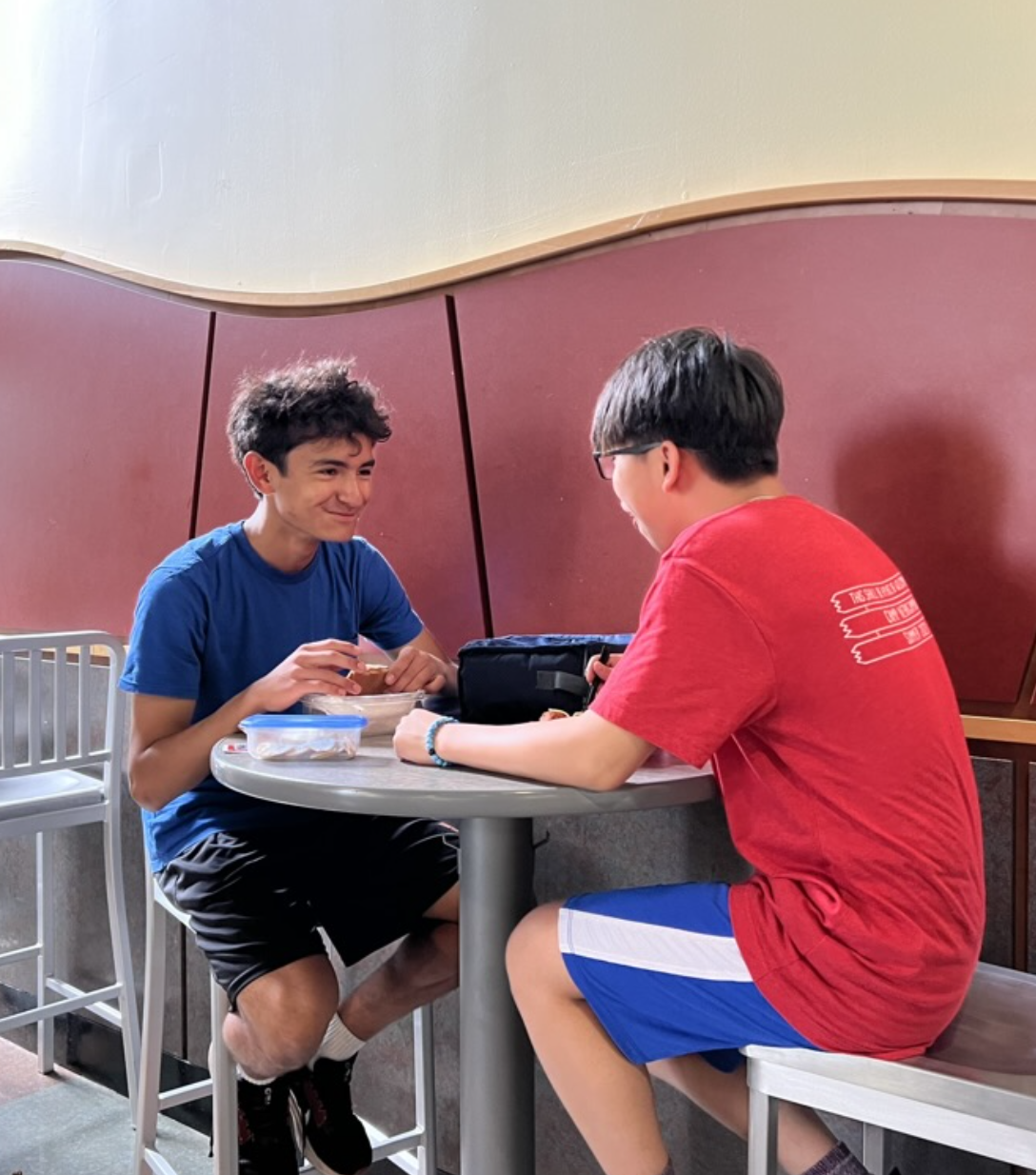Lunch period is a highlight for most high school students, whether it’s to hang out with friends, eat a packed lunch from home, or go out for fast food. However, for students who are in school clubs, a typical lunchtime is mostly devoted to club meetings. Even if a student attends clubs with focuses that spark a student’s interests, club participation takes away valuable free time during the school day. Otherwise, this free time could be used to eat and socialize, both of which are crucial to students’ mental and social well-being. This begs the question: should MHS implement a “club period,” so students can enjoy a free and relaxing lunch period?
Adding a club period to the schedule would effectively push for more student involvement in a variety of clubs. Club involvement is crucial when students apply to colleges because extracurricular activities, which include club involvement, create a well-rounded application, increasing a student’s chances at getting into top schools. In a New York Post article, Christopher Rim, who is the founder and CEO of Command Education, stated that extracurriculars, such as school clubs, are one of the most important aspects of a compelling college application (New York Post). The article stresses the importance of school club involvement as an example to further showcase student’s interests, besides academics.
In addition to benefiting students’ college applications, a club period would not only allow students to pursue their already existing interests, but to also explore new skills and passions. Lunchtime stands out as a crucial part of a student’s school day. Supposedly, lunch is a time for students and teachers to eat, recharge, and decompress. However, that is not possible if club meetings interfere with a student’s recharging time. According to Alix Dirdarian (’26), lunchtime must be prioritized in order for students to be able to use it as a time to refuel their bodies for the rest of the day. Dirdarian stated “that giving up her lunch period almost every day for a club meeting has led to her becoming very overwhelmed and stressed throughout the school day, since she doesn’t have time to unwind in between classes.” Dirdarian is just one of many other students who feel this way. Lily Dorian (’26), who is involved in five clubs at MHS, stated that when she has club meetings, it makes it difficult for her to take a break in between classes.” As a highly involved student, Dorian shared that she gets very overwhelmed when it comes to managing all of her clubs, along with the schoolwork that she is assigned each day. Both Dirdarian and Dorian are strong examples of how clubs interfere with students’ other academic, social and family priorities.
Even though implementing a club period would be extremely beneficial for some students, it creates challenges and additional pressures on teachers to become club supervisors. On top of teaching their own students, teachers would be obligated to oversee club meetings, which can only function with faculty supervision. However, there are ways that could reduce the burden put on teachers. For example, the school could scout volunteers, which could include staff members or people within the community who are willing to put the time and effort in to supervise the clubs. Another option would be to have flexible supervisor arrangements where teachers can rotate supervising the clubs. This would evenly distribute the workload among the faculty members. While the club period presents some potential challenges for teachers, it is crucial to keep in mind that club periods greatly benefit students’ overall development.
MHS should consider introducing a club period to the schedule of the school day to allow students to be less overwhelmed, better pursue their interests and continue to connect with their peers during the regular lunch period.









